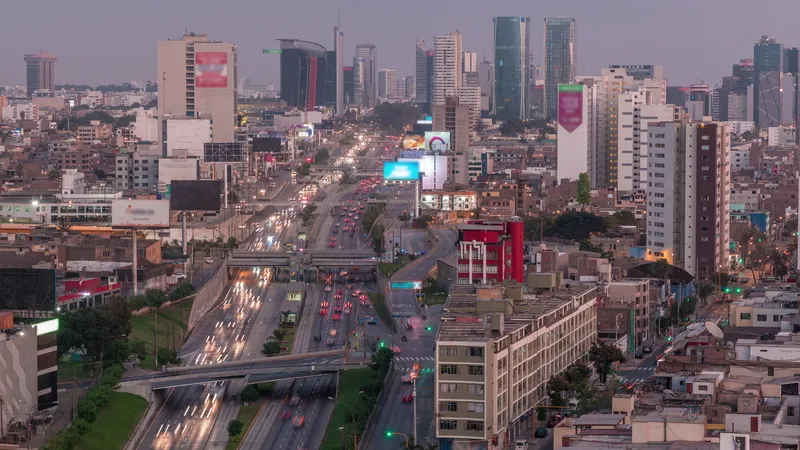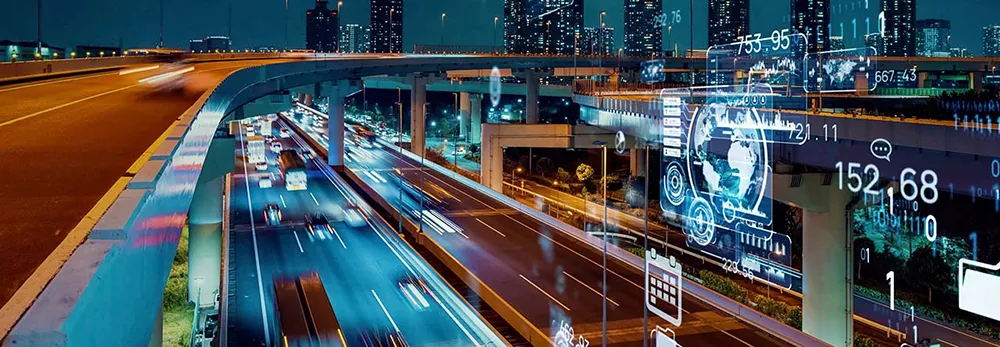UTI, a Romanian headquartered company, has won a tender launched by the city of Szczecin, in Poland, for the development and implementation of a traffic management system. The contract, which is worth around US$2.58 million, was won against bids submitted by Peek Traffic of the Netherlands, Kapsch of Austria and Sprint and Telsat of Poland.
April 18, 2012
Read time: 1 min
Szczecin, which has over 400,000 inhabitants, is the largest Polish port on the Baltic sea. The new system to be developed by UTI will inform motorists in real time about traffic conditions, road conditions, travel times and detours in case of emergencies, incidents, or events.










